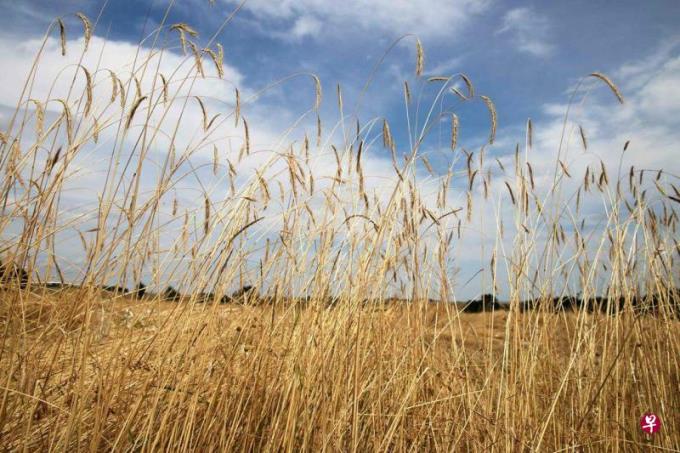
According to the data of the Food Department of the United Nations, the world's grain prices have shown signs of slowing down since 2021 and 2022.But in July, the situation suddenly reversed.First of all, Russia announced the withdrawal of Agricultural Products Foreign Transportation Agreement with the Black Sea Port in Ukraine, and then due to the impact of extreme weather, India announced that some rice exports were prohibited, and the world's grain prices responded again.
The extreme weather such as heat and heavy rain has affected the food production in Asia, Europe, North America and other places.focus on.These factors will definitely lead to the continuous rise in consumer prices, and the world inflation problem, which originally signs signs, may continue to be longer.
In China, it was also reported in China last month. The aquaculture company Barramundi Group made a decision to stop breeding and transfer the business to Brunei's farm due to a golden bass farm in the southern waters.The Singapore Food Bureau originally planned to set up fish farms near the waters near the three southern islands, but because they were worried that it might affect a variety of coral reefs and endangered species, the bidding items of two fish farming fields were postponed, but the deadline was unreasonable.
These subsequent food and safety incidents show that ensuring the challenges of Singapore's grain safety.Although the foreign supply chain is full of uncertainty, the self -sufficient effort occasionally suffers by accident.
After Russia withdrew from the Black Sea Port Agricultural Products Foreign Transportation Agreement with Ukraine, the International Monetary Fund (IMF) estimates that this move may lead to 10%to 15%higher than the global grain prices.In the early morning of August 2nd, Russia once again hit Ukraine. Izmel, located on the Danube River, is one of the targets of attacks. There are multiple facilities damaged, but no casualties have been reported.As soon as the news came out, global food prices rose again.
In Asia, due to extreme weather affects the output of rice powers such as India and Thailand, it has also stimulated the price of rice to soar to a new high in 15 years.In addition to the rise in rice prices in India, the two other rice exporters in Thailand and Vietnam, which are produced by rice, also immediately negotiated the export contract in August to increase the export price of about 500,000 metric tons of rice.The floods before the harvest of North China and the northeast autumn affect this year's food output. China's increase in acquisitions in the international market will inevitably increase the price.
The main grains required by Singapore, including rice grains, vegetable oils, sugar, dairy products, are basically imported, so it must be affected by the fluctuations in the world's grain prices.Over the years, we have continuously managed to strengthen the diversification and toughness of the food supply chain, that is, to develop more sources of food, to reduce the impact of sudden changes.
Save enough food supply is the essence of Singapore's survival. The more diversified the source is, the more secure it is.However, the ups and downs of the world's grain prices depends entirely on supply and demand, which we cannot control.We can only accept the rise in food prices.In order to ensure the safety of food, the government has also formulated the "30 · 30 Vision" that local agricultural products can meet the nutritional needs of 30 % of national agricultural products in 2030.Singapore's land is limited, and production costs cannot be cheaper than imports, but it is a necessary line of defense for food security.In addition, the existence of suppliers such as similar vocational prices can control the fluctuations of food prices.Consumers should also respond to randomly, don't increase expenses for the favor of specific brands.
But the above incident provides us with important warnings. Food safety is a problem that always exists. What Singapore can do and must do is to try to strengthen the toughness of the supply chain and increase its domestic capacity.Singapore has imported food and other foods from more than 180 countries.In terms of local supply, as of last year, Singapore had 27 land aquaculture farms and 109 maritime farms.However, the supply only accounts for 8%of Chinese aquatic consumption.The most local supply agricultural products are eggs, accounting for about 29%of the total consumption, and vegetables account for only about 4%.
The development of local agricultural and fisheries is capable of the introduction of high -tech, but the space for development is limited after all, and it must also face the impact of many environmental factors, such as the water quality of the sea water, the invasion of the disease, and the climate change.All in all, whether foreign or local supply is always facing challenges. For food safety, for Singapore, it is an inevitable proposition. Each generation must maintain a high degree of alertness.


